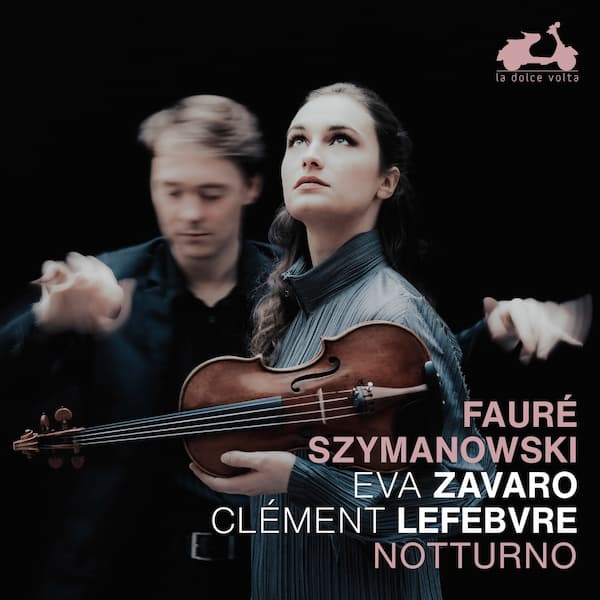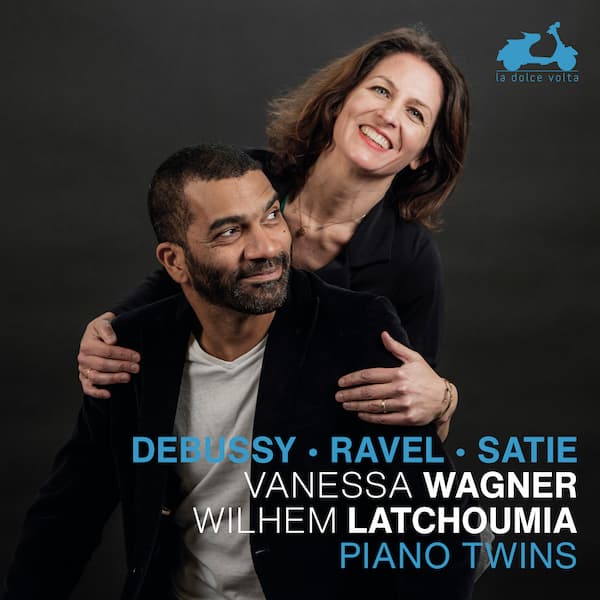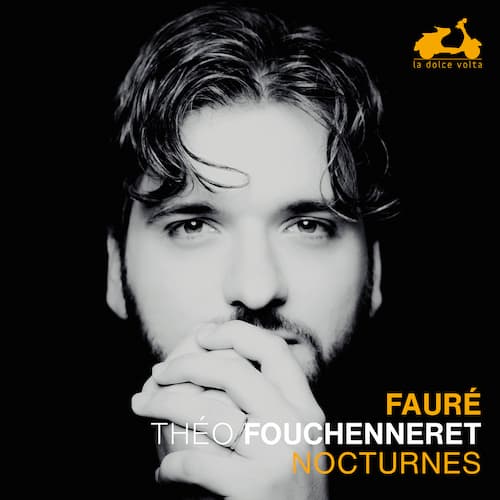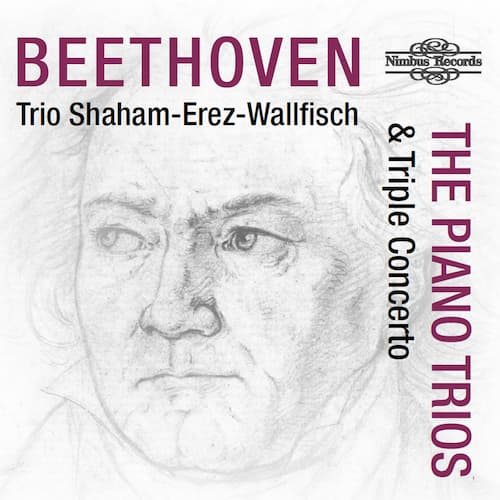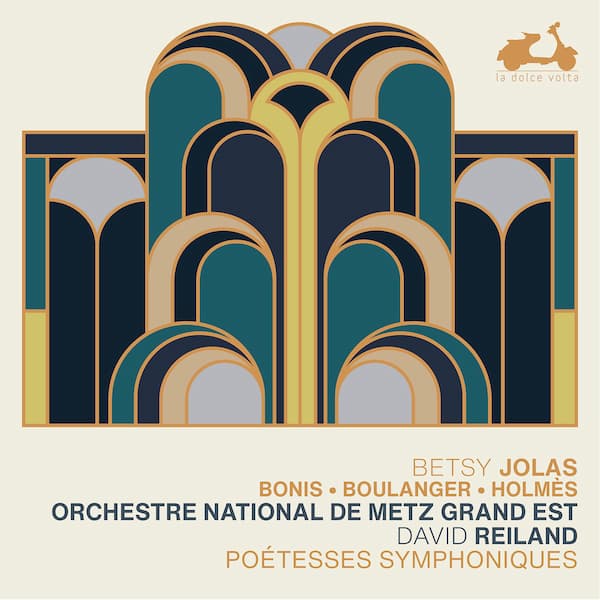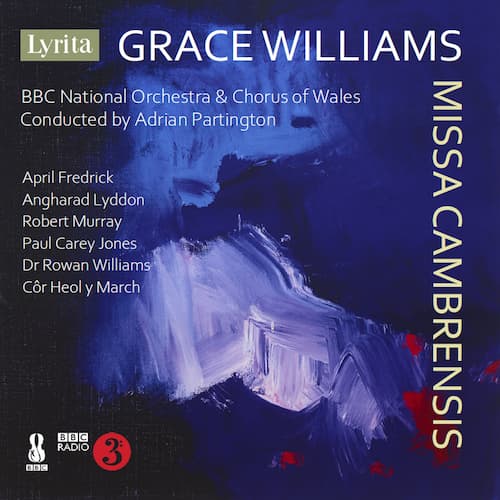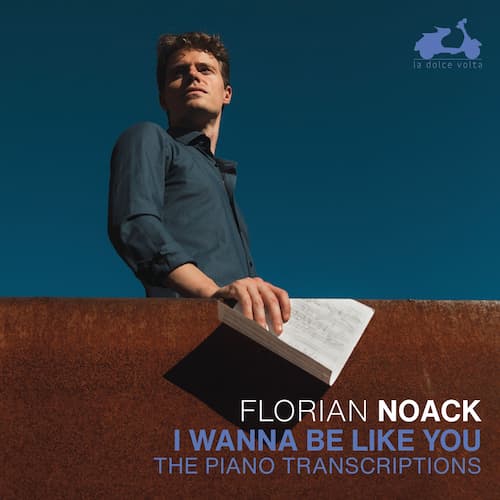In a tribute to the places she considers home, violinist Eva Zavaro, joined by pianist Clément Lefebvre, presents works by Karol Szymanowski (1882–1937) and Gabriel Fauré (1845–1924). The recording includes both composers’ violin sonatas (Szymanowski No.1 and Fauré No. 2)
My music
With its full title, La mer, trois esquisses symphoniques pour orchestre (The sea, three symphonic sketches for orchestra), we can understand what Claude Debussy (1862–1918) was trying to show in his 1905 orchestral work. I. De l’aube à midi sur
The idea of the piano miniature has largely faded from the scene, but in the 19th century, particularly fuelled by the rise in home ownership of pianos, composers by the score wrote little consequential pieces for their audience. French pianist
After the invention and development of the Nocturne in the hands of John Field and Frédéric Chopin, it wasn’t until Gabriel Fauré (1845–1924) took up the genre that it grew out of its romantic past and became part of the
When Ludwig van Beethoven went to Vienna in 1792, he was coming expecting to become Mozart’s successor. Mozart had died in early December 1791, and Beethoven came with the praise of the German composer and organist Christian Gottlob Neefe (1748-98)
In the field of program music, stories from Greek myths are especially popular. French composer Augusta Holmès (1847–1903), was born in Paris, but was not permitted to attend the Paris Conservatoire because she was not a citizen of France (she
Welsh composer Grace Williams (1906–1977) grew up in a Welsh-speaking household that had music at its core. Williams’ father, William, was a schoolteacher and also conductor of the Romily Boys’ Choir, for which Grace was accompanist. The choir appeared not
Doing transcriptions, particularly for the piano, is more than just writing the same notes for a different instrument. Each instrument has its idiosyncratic elements, be it only being able to play one or two notes at the same time or

